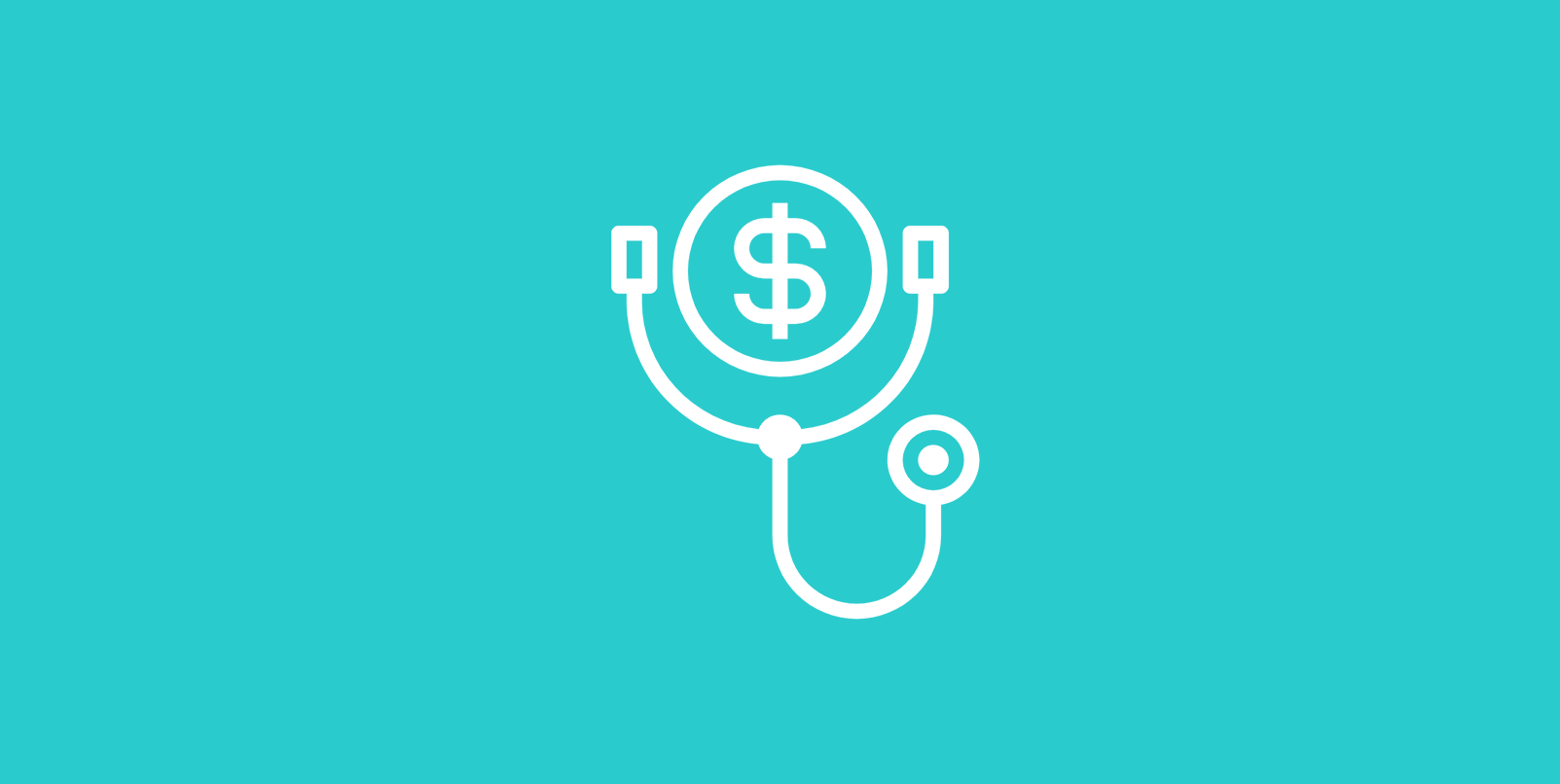
 back to all posts
back to all posts
Cloud Spend in Healthcare Projected to Double by 2025: 4 Main Growth Drivers

Cloud computing spend in the healthcare industry is accelerating, resulting in improved patient care, innovation, and cost efficiency. In 2020, healthcare cloud spend reached $28.1 billion globally, up from $21.5 billion in 2019; by 2025, global cloud spend in healthcare is projected to reach $65 billion, significantly more than double its 2020 level (and triple 2019’s).
A number of interrelated trends and technologies are driving the growth of the cloud in the healthcare market today. “Among the key drivers is an accelerating demand for data-driven healthcare solutions enabled by continuous and remote patient monitoring, increased telehealth services spurred by the pandemic, as well as various patient engagement tools such as apps and connected devices,” says Alena Nikuliak, Senior Business Analyst and Healthcare IT consultant at ScienceSoft.
Let’s take an in-depth look at 4 of the main drivers of healthcare cloud growth.
1. Increasing patient data to fuel health outcomes
The volume of patient data being processed is growing exponentially and cloud computing offers a convenient, safe, and cost-efficient environment for data storage, exchange, and analytics. The COVID-19 pandemic has further spurred cloud adoption, as the need for social distancing has increased the use of data-intensive wearable devices and networked IoT (the Internet of Things) devices.
Patient data remains the primary asset (and a highly-regulated one) for the whole healthcare industry. Fortunately, the secure, HIPAA-compliant storage and processing of sensitive data is exactly where cloud computing excels.
2. Wearable devices and Internet of Things (IoT)
Healthcare providers collect (and are required to securely store) massive amounts of healthcare data from a large number of sources; including wearable devices, electronic health records (EHRs), radiology images, prescription information, tests results, insurance claims, and much more. The sheer amount of this digital data grows every year, requiring healthcare organizations to maintain mature data management/governance controls and significant computing power. In the context of proliferating devices, data, and stringent patient privacy regulations, cloud computing enables the industry to have the processing power and secure data storage that is critical for achieving its mission.
In addition, cloud-based analytical tools and platforms (often driven by AI and machine learning) help healthcare providers better care for patients by transforming health data collected from devices into actionable insights that drive innovative treatments and improved patient care. Healthcare today, like so many industries, is turbo-charged by the fuel of relevant, actionable data that drives improvement.
3. Telehealth
The combination of digital technology, the widespread adoption of remote technologies (Zoom, Slack, etc.), and the cloud is now driving a massive boom in telehealth, delivering healthcare remotely via secured networked connections. Telehealth has gained traction since the beginning of the COVID-19 pandemic, becoming a key channel for delivering patient care at a time of social distancing.
Even better, telehealth has accelerated its capacities and functionality over the last few years, enabling physicians and medical professionals to diagnose and treat patients remotely in real-time and in cost-efficient, high-quality ways. Telehealth will only continue to evolve in the coming years, supported by the cloud.
4. Data-intensive, cutting-edge research
The massive data storage and processing power provided by the cloud is essential not only for customer-facing and back-office operations within modern healthcare, but also to support cutting-edge medical research. Cloud solutions, for example, are used for data-intensive analysis and complex procedures like DNA sequencing, genome mapping for research into hereditary diseases, public health research, and much more. The utilization of these cutting-edge technologies is now made possible because of cloud computing’s sheer power for processing and storing data.
Looking ahead: Even more cloud growth
The benefits of cloud computing are too obvious and abundant for healthcare to slow down its cloud adoption anytime soon. Big hospitals are migrating from silo’d, overextended legacy systems to cloud solutions that are secure, powerful, integrated, and HIPAA-compliant. “As the healthcare IT landscape matures, cloud technology companies will be well positioned for sustainable and affordable growth,” explains Troy Young, Chief Technology Officer of AdvancedMD. “Connectivity into the ever-expanding health information exchange will become a competitive advantage as barriers to cloud adoption such as cost and time to deployment come down.”
The cloud is increasingly a platform for innovation and growth potential within the healthcare industry. “Interoperability into new technologies means healthcare organizations can leverage emerging technologies within their core cloud platform for EHR (electronic health records), practice management, patient portals, and telemedicine without heavy, on-premises administrative overhead,” says Young. “This cloud-enabled flexibility and scalability will be paramount to helping the entire healthcare industry evolve in the coming years.”
—
Intricately can see the adoption, usage and spend rates of healthcare organizations that are rapidly growing their cloud infrastructure to keep up with this evolving market.
Doxy.me
- Estimated monthly cloud spend: $79K
- Cloud hosting providers: Amazon EC2, Digital Ocean
- Number of CDN providers: 2
View doxy.me's cloud footprint in Intricately.
Boston Children's Hospital
- Estimated monthly cloud spend: $81K
- Number of cloud hosting providers: 15
- CDN providers: Imperva, Varnish Software, NGINX
View Boston Children's Hospital's cloud footprint in Intricately.
Aspen Dental
- Estimated monthly cloud spend: $75K
- Cloud hosting providers: Windstream, Rackspace, Microsoft Azure...
- Number of data center hosting products: 4
View Aspen Dental's cloud footprint in Intricately.
—
Cloud providers have a lot to gain from this growing market. Generate more revenue with a full view of the global cloud spend in healthcare with Intricately.
This healthcare deep dive is just one of the many views of cloud product adoption, usage, and spend data that marketing and sales teams can make actionable with Intricately.
Intricately's Global Sensor Network actively monitors the adoption, usage, and spend of 23,000 distinct cloud products and analyzes the digital infrastructure of more than 7 million companies worldwide. We collect specifics on every product, from cloud hosting and data centers, to traffic management and app development – and much more.

3 Trends Shaping the Evolving Cloud Hosting Market

4 Ways Cloud Marketing Leaders Can Get the Most From Their Budgets in 2022

How to Perform Account Segmentation and Prioritization



The Future of Cloud Computing: 3 Market Predictions for 2022


4 Market Trends Shaping the Future of Cloud Gaming


